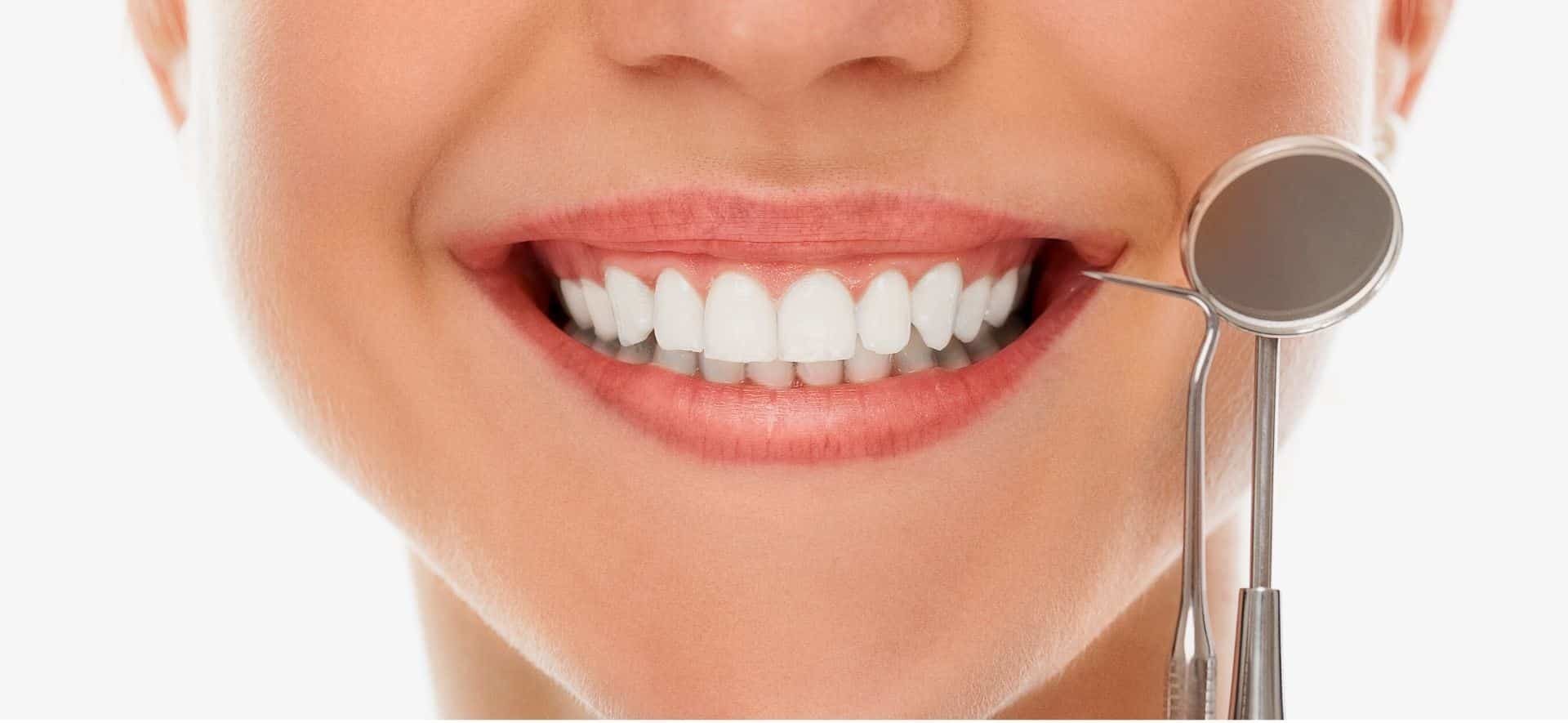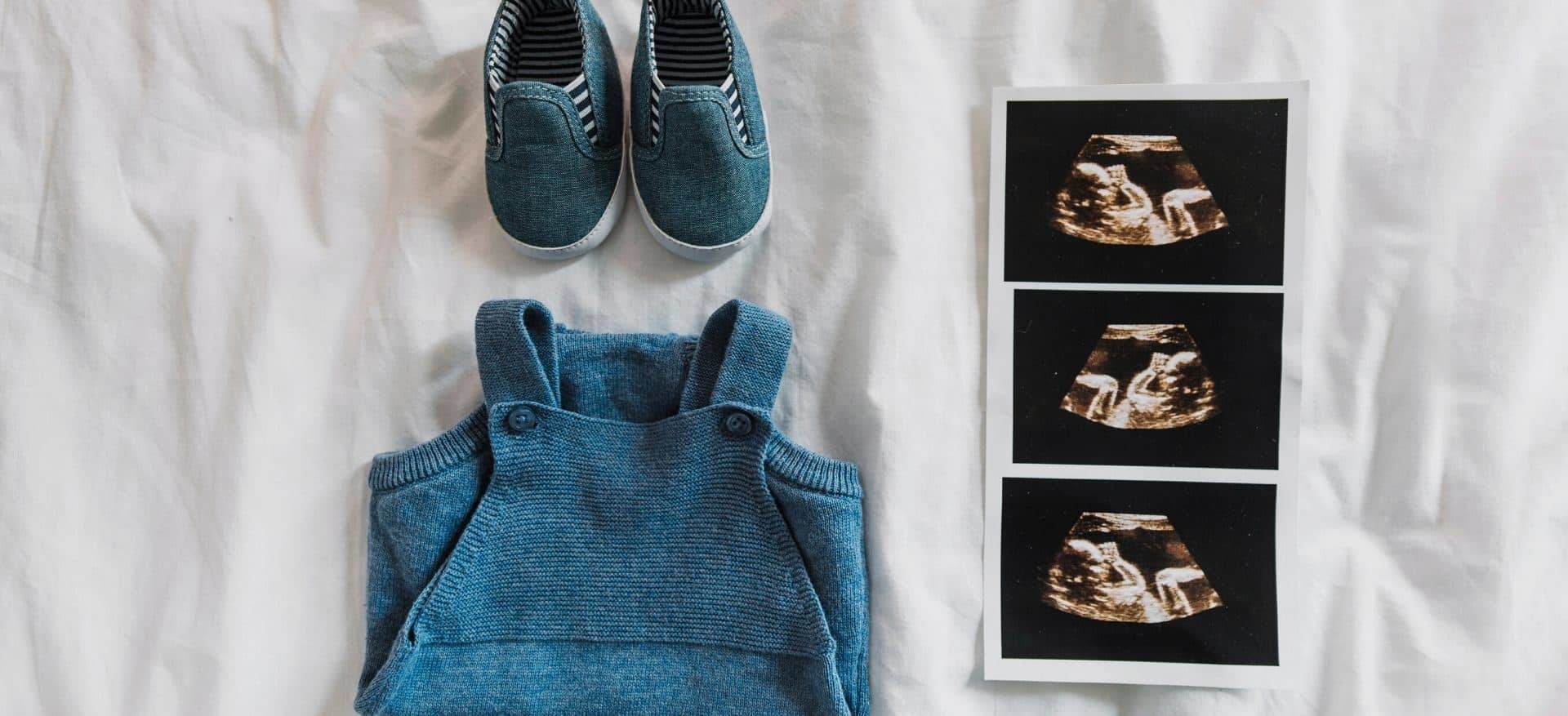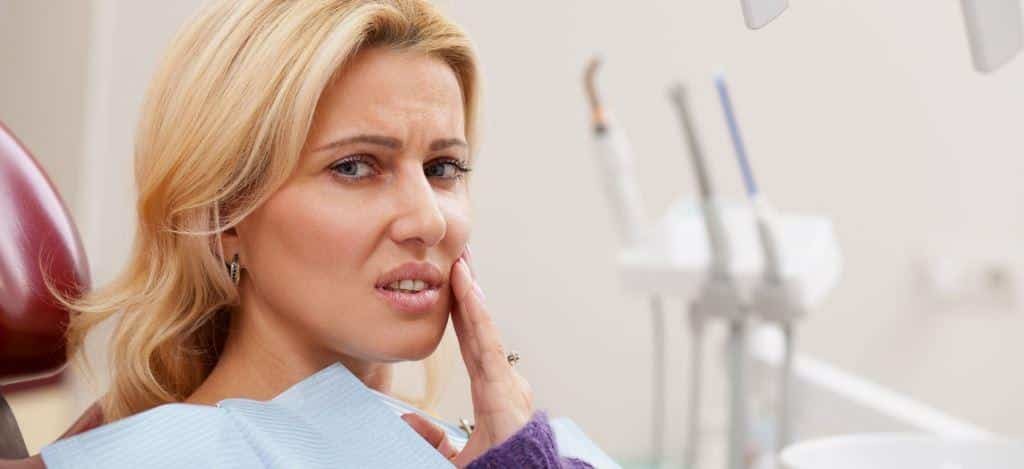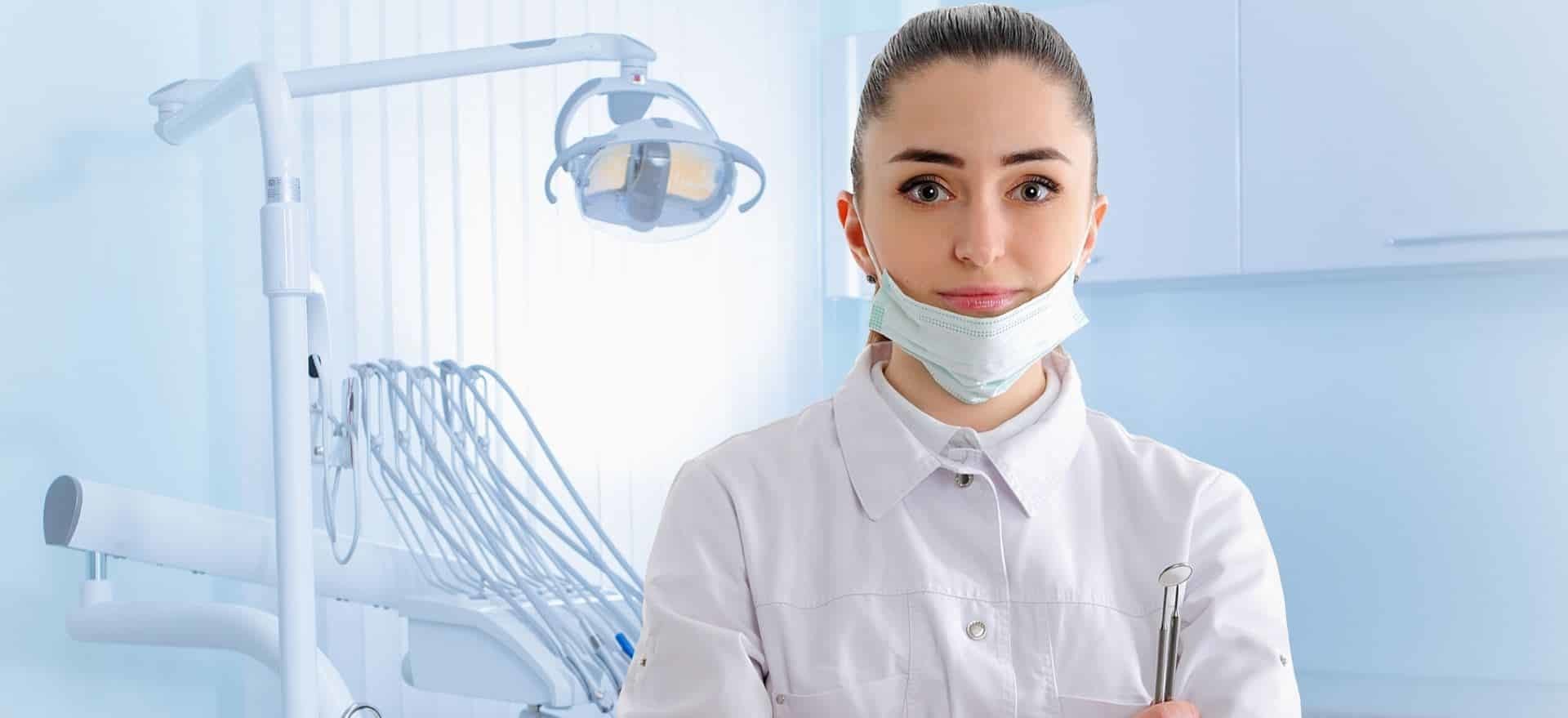Infections, respiratory diseases, joint pain and even heart attacks are among the several possible consequences of rotten teeth. These, although most often associated with aesthetic problems, are above all a threat to our health.

Decayed teeth are an open door for microbes and infections
A seemingly small cavity, when left untreated, can cause very serious consequences over time. The bacteria that cause tooth decay are the main culprits. They pose the greatest risk to our body. Very quickly, they move from the tooth into the blood and then spread throughout the body to, among others, the lungs, kidneys and heart.
If a large amount of bacteria enters the bloodstream, the risk of sepsis, an infection of the entire body, increases significantly. In some cases, it can end in death.

Gum disease and its consequences
The worst of these is an increased risk of heart attack, or even a heart attack or stroke itself. How can rotten teeth have such far-reaching consequences? Inflammation causes atherosclerotic plaques to build up much faster in the blood vessels, and this creates a greater risk of, among other things, the aforementioned heart attack. Decayed teeth are particularly dangerous for people who already have heart problems.
According to a study by American researchers, people who have been diagnosed with gum and periodontal disease develop type 2 diabetes more often than those who have not been diagnosed with the problem. It is worth noting that diabetics are much more likely to develop periodontitis, and those who suffer from gum disease respond less well to diabetes medication.

Bone and joint pains
An infection that starts in the pulp of the tooth can spread through the canals of the tooth to the periapical tissues and then to the bone. If this happens and the condition is not treated, pus will start to collect in the bones. If there is a lot of it, it will start to seek an outlet, which can cause rupture of the muscle layers, mucous membranes or skin. If the inflammation persists for a long time, the pus can dissolve the bone, resulting in a hollow space called a cyst or cyst.
In addition, rotten teeth often cause inflammation and these cause pain and even joint damage. So remember to maintain your oral hygiene and visit your dentist regularly.
Decayed teeth reduce immunity
If you have tooth decay, there is a lot of bacteria in your mouth and your body constantly has to face them. This makes it unable to defend itself against microorganisms in the event of an infection.
The same is true for tonsillitis and pharyngitis, for which streptococci are mainly responsible. These bacteria can easily be found in a decayed tooth.

Headache and sinus pain
Most often, people do not associate them with problems in the mouth - and this is a mistake. If the upper teeth are damaged by decay, very quickly the bacteria in them can enter the sinuses.
These are not the only things that can cause headaches - malocclusion may be to blame. More specifically, an incorrect position of the jaw in relation to the mandible, thereby overloading the temporomandibular joint. In addition, crooked or overlapping teeth make it difficult to clean them properly, which can cause decay and its further consequences.
If you are struggling with malocclusion read our article Types of braces in the UK - what to choose, and then make an appointment. Together we will find the best solution for you that fits within your budget.

Decayed teeth and pregnancy
Pregnant women should take special care of their teeth. Their poor condition, decay or periodontal disease can cause low birth weight of the baby and even premature birth.
In addition, morning nausea causes stomach acids to damage the enamel, making teeth much more vulnerable to decay.
If you want to learn more about this topic, read our article Teeth during pregnancy - how to look after them properly.

Indirect consequences of rotten teeth
If you have a toothache or do not have full teeth, you often have problems chewing and biting your food. You swallow large pieces of food almost whole, so the digestive process does not begin in the mouth, but only in the stomach. The food stays there longer, so digestion itself takes longer and the amount of gastric juices has to be greater. These include hydrochloric acid, which in excess can cause ulcers.
Another consequence, no longer directly related to health, is bad breath. If you do not take care of your oral hygiene and do not go to the dentist regularly to remove plaque, bacteria multiply on the plaque. These are responsible for the decomposition of food debris and therefore bad breath.
Remember, too, that plaque that is not removed will turn into tartar over time. This in turn causes periodontitis, which can end in tooth loss.

Prevention above all
To avoid the health consequences of rotten teeth, it is essential to take proper care of your oral hygiene. Brush your teeth after every meal, use dental floss and mouthwash.
For more on this topic, see our article How do I brush my teeth properly?
You must also not forget to visit your dentist regularly. The dentist is much quicker to detect even the smallest changes in the mouth.
It is important to remember that if the pain of a tooth with decay was continuous and lasted for quite a long time and then suddenly ended, this is not an indication of its self-healing. It is a signal of the death of the pulp, which contains the nerves that inform about its bad condition. After this period, there is usually pain when biting - this is associated with the appearance of an abscess and periodontitis. When this pain also stops - this is a very bad sign, because then the pus has already entered the bone.
You want to make sure your teeth are healthy - make an appointment in our practice.

